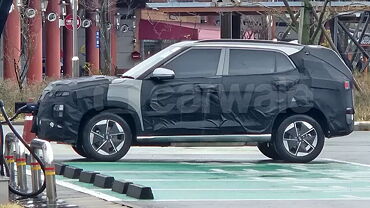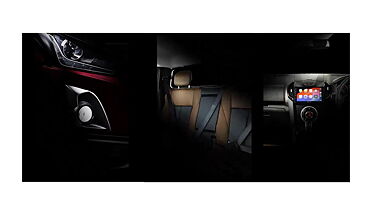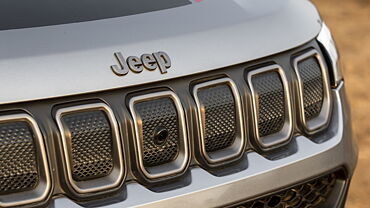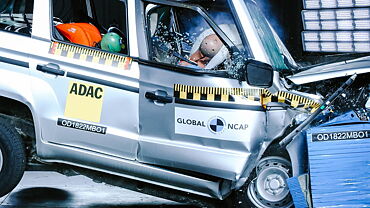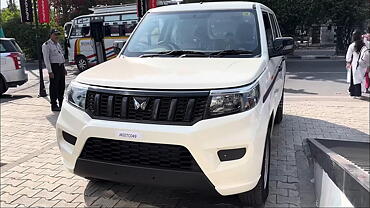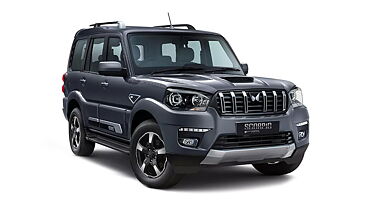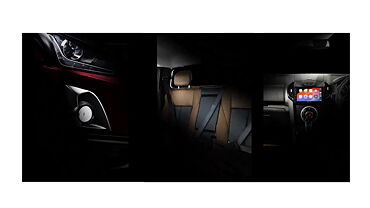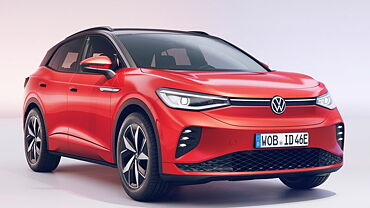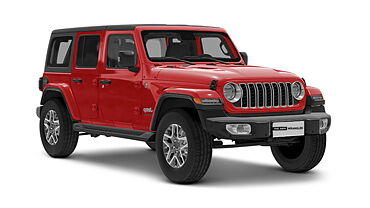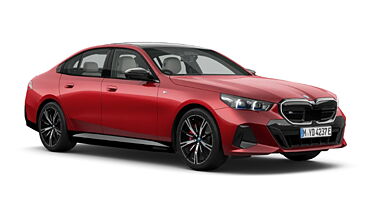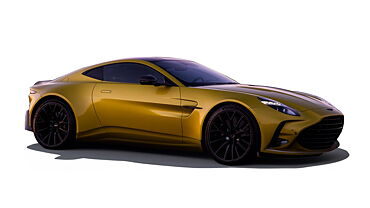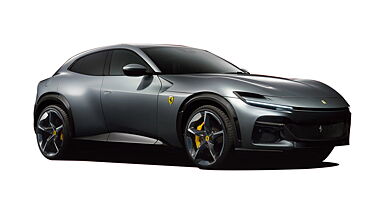During the free trade negotiations between India and the European Union (EU), a proposal to lower duties on fully imported cars was given. However, the Society of Indian Automobile Manufacturers (SIAM) advised that lowering the duty on imported cars and engines would have an adverse impact on the automotive sector.
SIAM released a White Paper of the future effects of the India-EU Free Trade Agreement (FTA). This is what the paper said, “Opening completely built units (CBUs) to imports/lowering import duties under the EU FTA is a retrograde step, and will have a long-term irreversible effect for the Indian economy, the auto industry and the consumer at large.” SIAM further added, “The government has consistently maintained this policy in all FTAs, including FTAs with Japan, ASEAN and South Korea. These items have also been identified in the Automotive Mission Plan 2006-16. We would like to reiterate that these tariff lines should be kept in the India’s Negative List under the India-EU FTA.”
The policy of high tariffs on CBUs has been created with an intention to increase local investment, local manufacturing, value addition and employment in the auto sector. But by reducing tariffs through India-EU FTA, it is clear that the above mentioned objectives cannot be realised. In addition, the automotive guiding body said that exports in India were rapidly rising, as against decline in the EU. So the benefit of tariff reduction would go only to EU and not India.
“Talks are on for 10 per cent quota for large cars, which are defined in terms of more than 1,500cc cars! The EU is insisting on a roadmap for zero tariff regimes for all cars to ensure permanent opening up of the trade route with India,” it said. Supporting this with numbers, it can be observed that $ 3.4 billion was earned through EU exports of cars as CBUs and Completely Knocked Down (CKDs) in India. As against this, Indian exports to Europe stood at $ 1.7 billion.
Thus, it can be clearly observed that Indian export sales are not really going up in the current period and are not expected to do so in the near future. Experts believe that in such a situation, it would be wiser to have higher import duties on imported cars, which can be afforded by its clientele.



